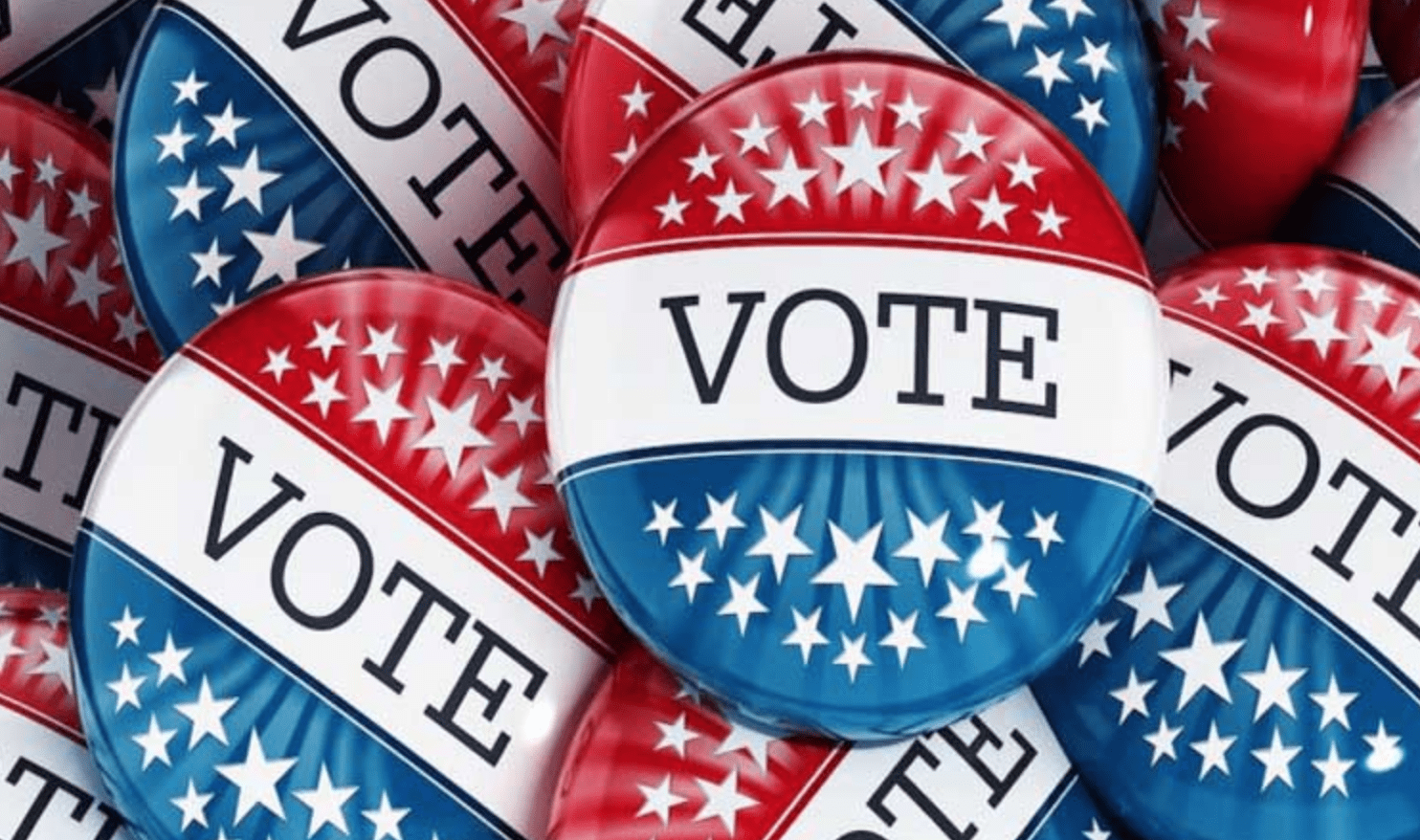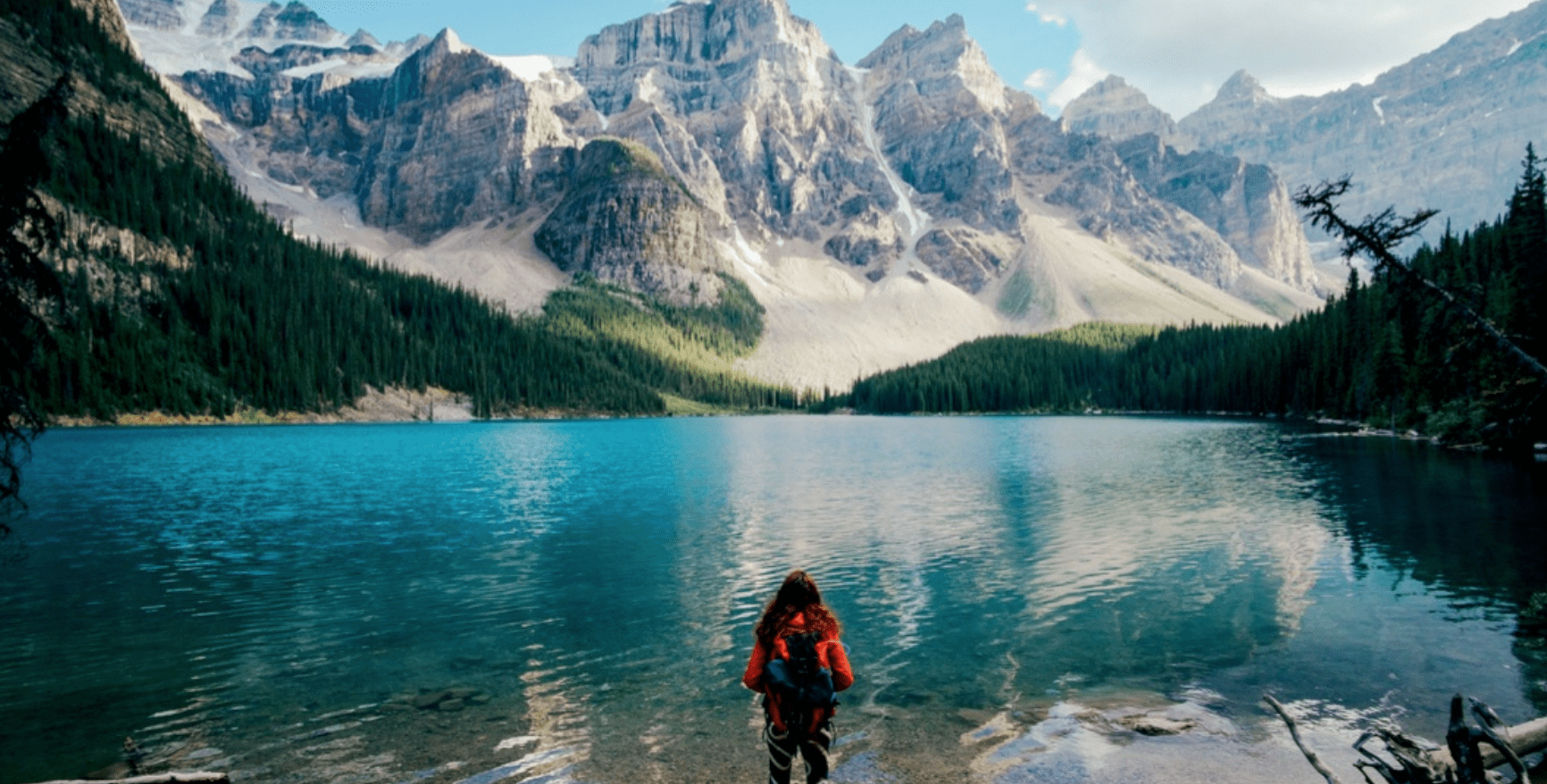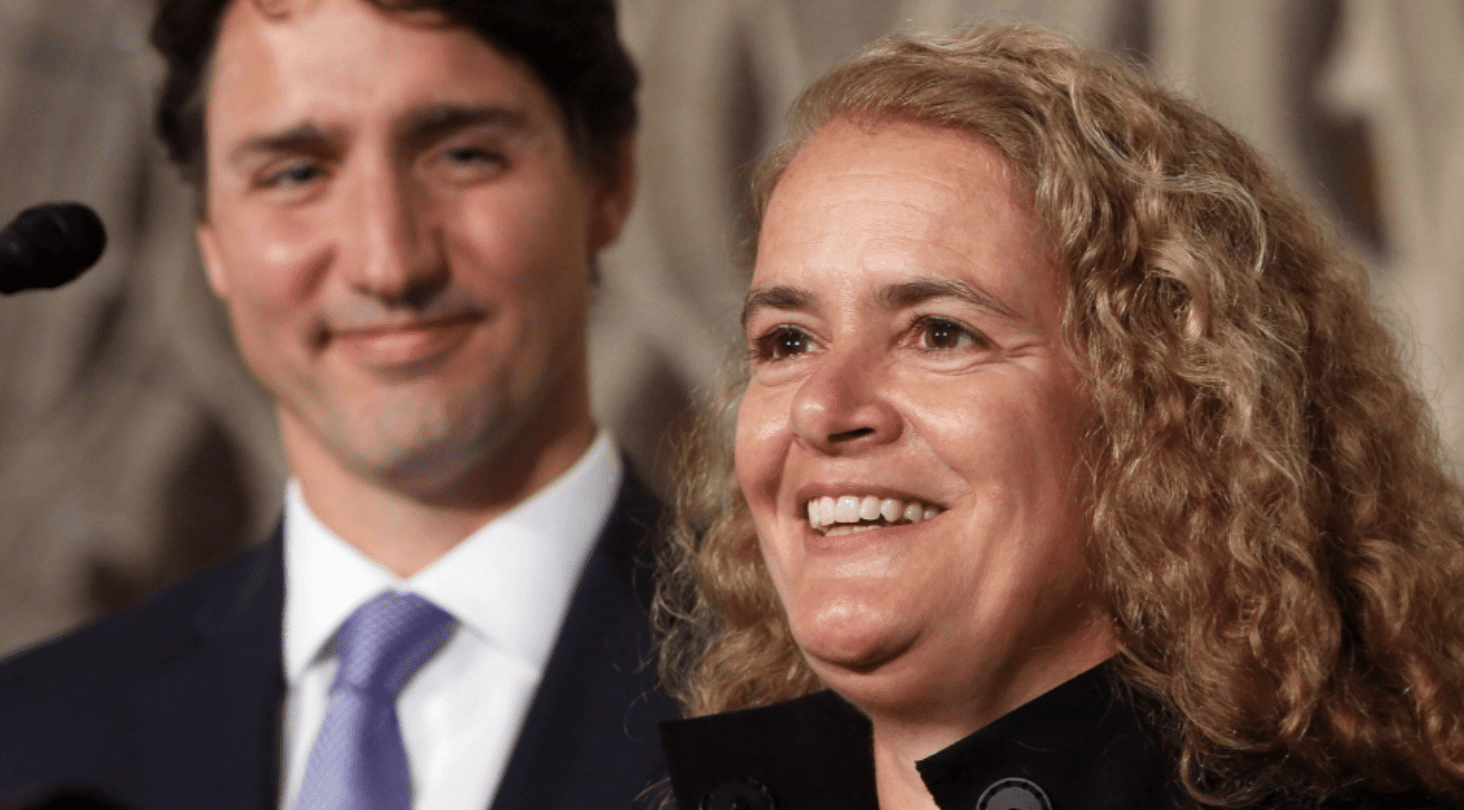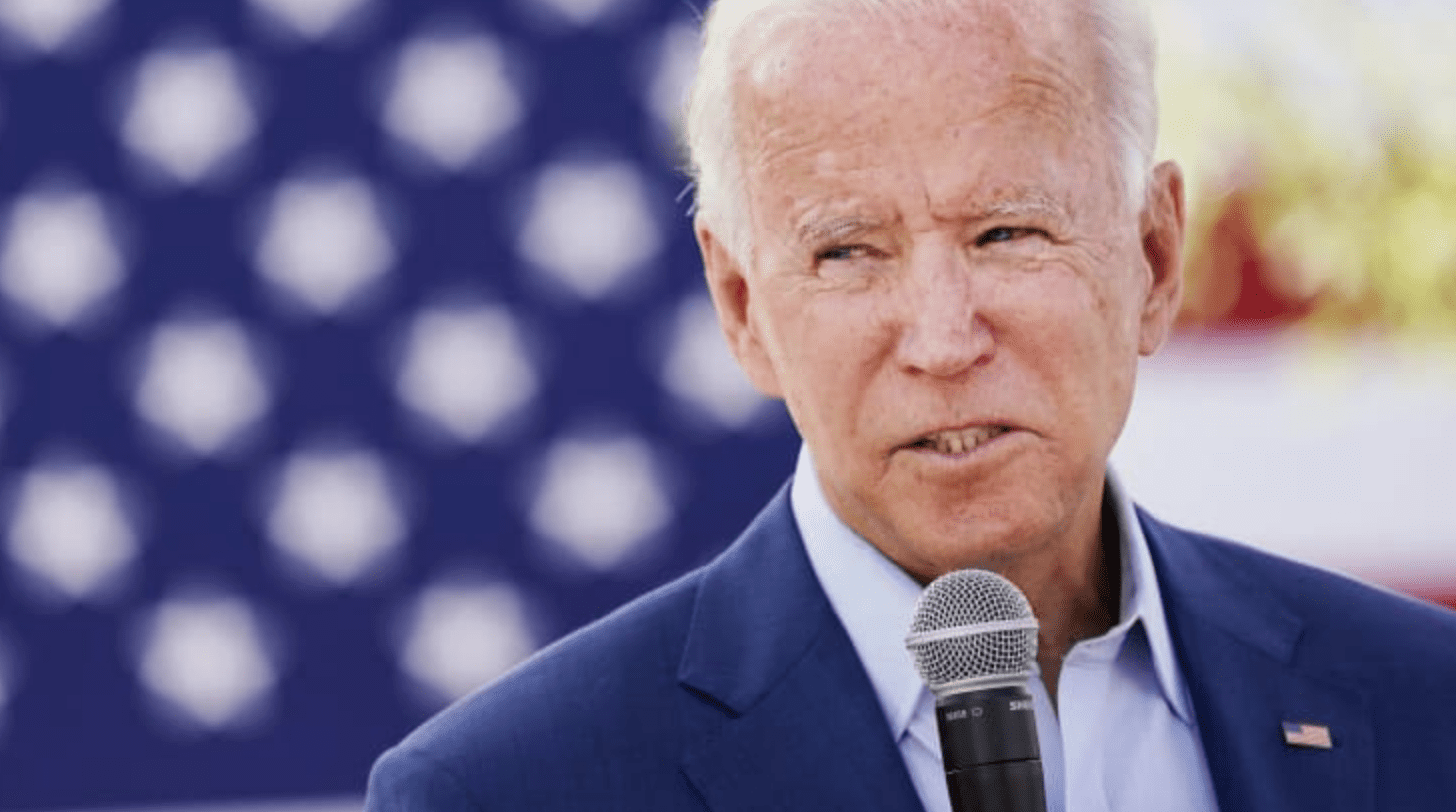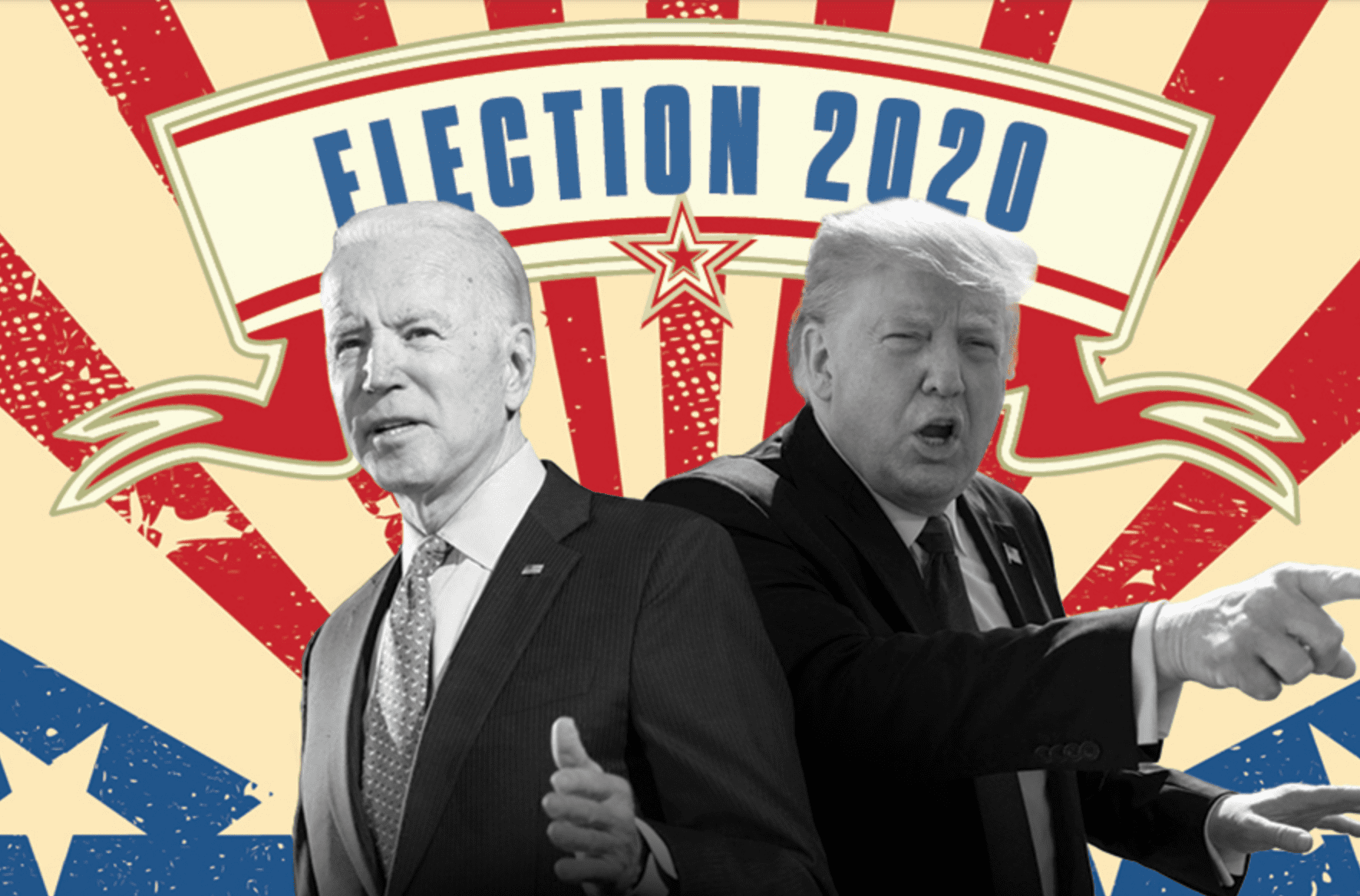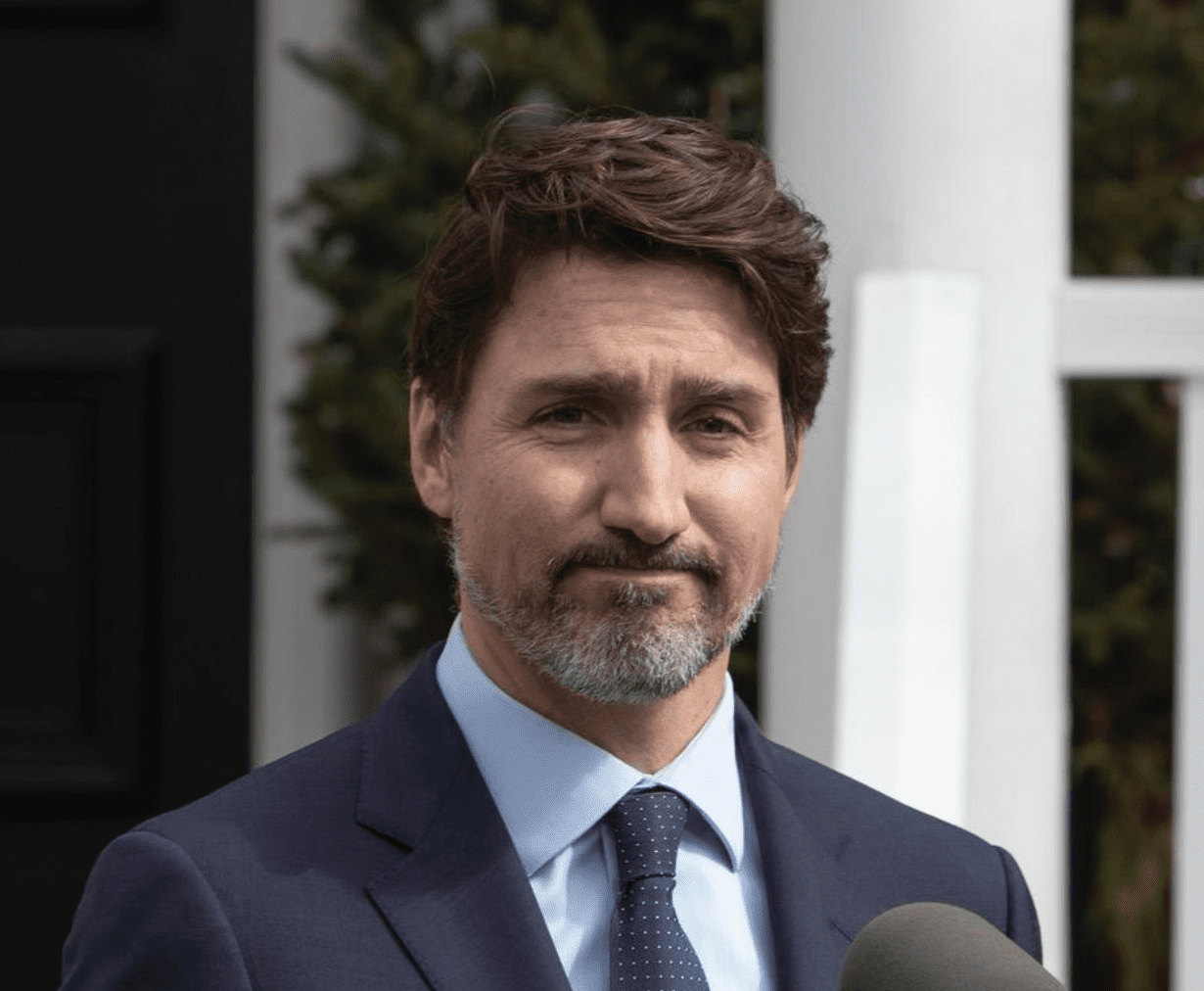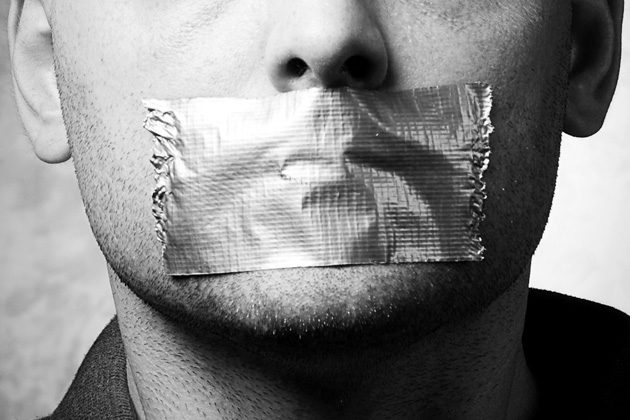It's hard to know what to make of Tuesday's vote.
Tentatively, very tentatively, it seems as though Joe Biden has pulled it off. So, what now?
I can't say I feel particularly good about a result that leaves it so close. That things are even in question — that Donald Trump was still a viable candidate — is more than a little baffling. How it isn't a blowout is well beyond me. But, of course, this is America we're talking about.
As of this writing, the U.S. Senate looks like it will remain in Republican hands, so divided government seems to be on offer. We're in for more instability, as a Republican Senate is going to do everything it can to delay, halt and otherwise frustrate a Biden presidency.
And now we have the Trump campaign declaring, en masse, that Trump has won Pennsylvania despite the votes still being counted.
Biden's victory is not assured. What is clear is that Trumpism is with us to stay, either in the man himself, or in some other form. There's a huge appetite for the cruelty and viciousness of the last four years to continue on.
While we may be across the border in Canada, this is an obvious issue for us. Let's put to the side for a moment the many horrible things that have taken place over the last four years, and just look at COVID.
A Republican Senate has shown itself quite uninterested in the plight of Americans dealing with the virus. The GOP has shown itself unwilling to do much of anything on the health care side, or the economic side to bring relief to the U.S.
It's hard to see how we here in Canada get a handle on the virus if our southern neighbour cannot. Even if we improve our situation, our economy is so tied to theirs we're in deep trouble if they can't get it together and bring their numerous outbreaks under control. Without containing the virus, there's no real way to get the economy to recover.
Their viral misery will continue to bleed over the border.
But this about more than just how our economy goes. It's a tragedy of huge proportions to see Trump bring this down to the wire. It's revolting.
There is some comfort, perhaps, that even though it is close, it is close only through the virtue of the minoritarian design of the American system. Winning the popular vote was never in doubt for Biden. But maybe that only manages to expand the tragedy. After Tuesday there is little hope in the near future of the US becoming a better country, never mind a 'good' one.
That's hard to get my head around. This seemed like the perfect time for that country to turn toward something better. Now the doom just rolls on.
Sitting here writing, I'm reminded of a scene from the beginning of the 2016 campaign. I'd just parked the car in a downtown Montreal parking garage, off to get a haircut then meet my then-fiancee, now-wife for lunch. On my way out of the garage, I could see the attendant in his booth watching Trump's launch speech on his phone.
At the time, it all seemed like some kind of absurd novelty. A blowhard and buffoon about to make a laughingstock of himself. How could the country vote for such a jaggoff?
Obviously, I underestimated the American mood, and their willingness to lean into their worst instincts for greed and spectacle. The fact the attendant was watching that spectacle was a warning, there was an allure there.
But even as things progressed back then, the idea of a Trump presidency was nothing more than a bizarre abstraction. Surely the more responsible instincts of the country would assert themselves, I assumed.
Clearly, I made an ass of myself.
This time I figured the reality of the last four years would have replaced that abstraction. The racism, the widespread police violence, the mass death from COVID, the multiple natural disasters — fires, floods, hurricanes— handled poorly, the graft, and the outright fascism. Surely all that would have made a difference in the mind of the American voter.
But once again, in huge parts of the country, people didn't see any of that as a problem.
What comes next is unclear. The American crisis will not end with a Biden victory. (The likelihood of which, through the time I've been writing this, has seemed to grow more likely.) The grave problems at the heart of America will continue.
While it does, it will continue to spill across our borders. Brace yourselves. We are in for more of this chaos, instability, and the continued disassociation from huge swaths of the political right.
I don't know what the answer for any of this is. It's largely out of our hands. Somedays things may get better. That day has not yet come.



